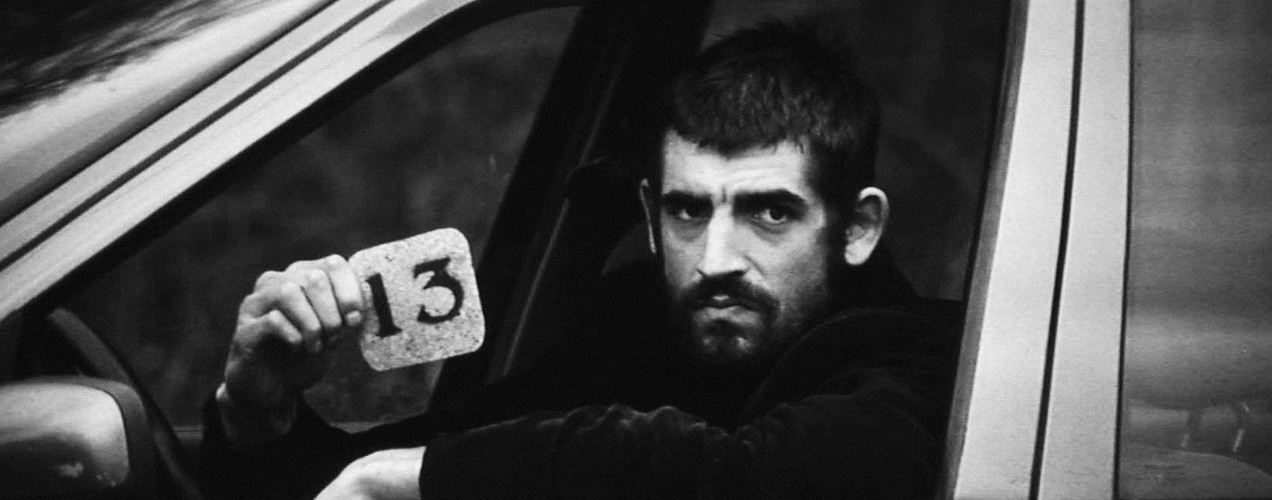2006 / Gela Babluani > A true testament of a great film is its replayability; however, with 13 (Tzameti), it feels like once you know the central plot twist (which has been widely given away in trailers and other promotional material), the film is an ultrapredictable romp through what is essentially a derivative, somewhat hollow script by first-time director Babluani. His filmmaking skills, however, are not in doubt. As a debut feature of a 26 year-old, the film is technically superb and warrants attention to be placed on his future projects.
Category Archives: Europe
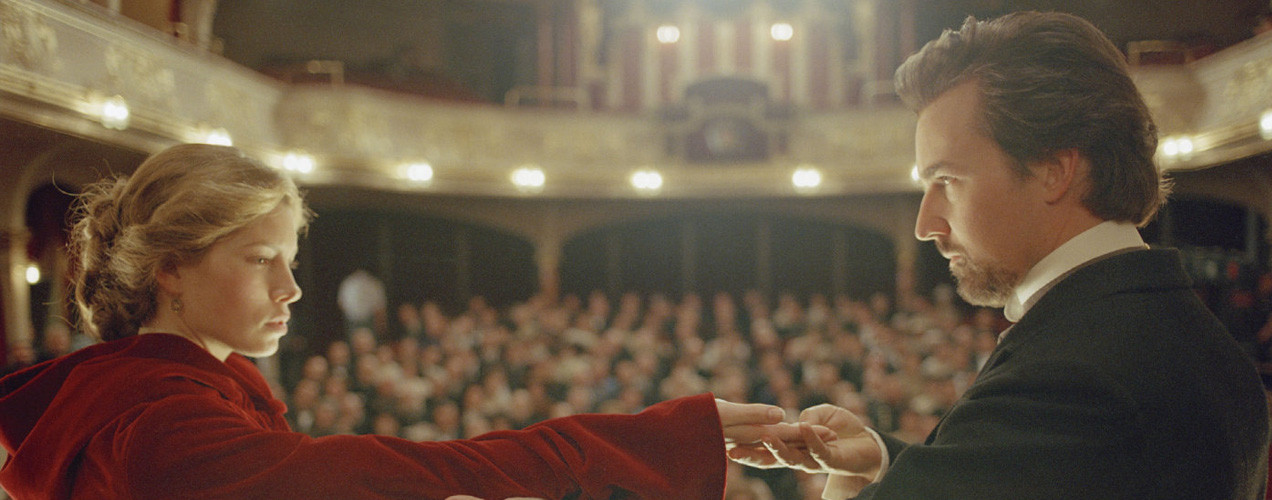
The Illusionist
2006 / Neil Burger > One of the most refined films of the year, it’s hard to find any technical flaws in The Illusionist. Most noticeable is its cinematography, crisp and decisive about its turn-of-the-century Vienna setting. The mood is further perfected by Philip Glass’ elegant score. The acting is above par at worst, with Rufus Sewell’s post-Dark City re-emergence being a pleasant welcome. But as the drama unfolds, we find ourselves within a rich love story that, unfortunately, feels like it’s on shaky foundations. Thankfully, the mystery of the illusions drives the story forward. By the end, it is what it is: The unexpected is actually expected, but we not only only accept it, but actually enjoy it.
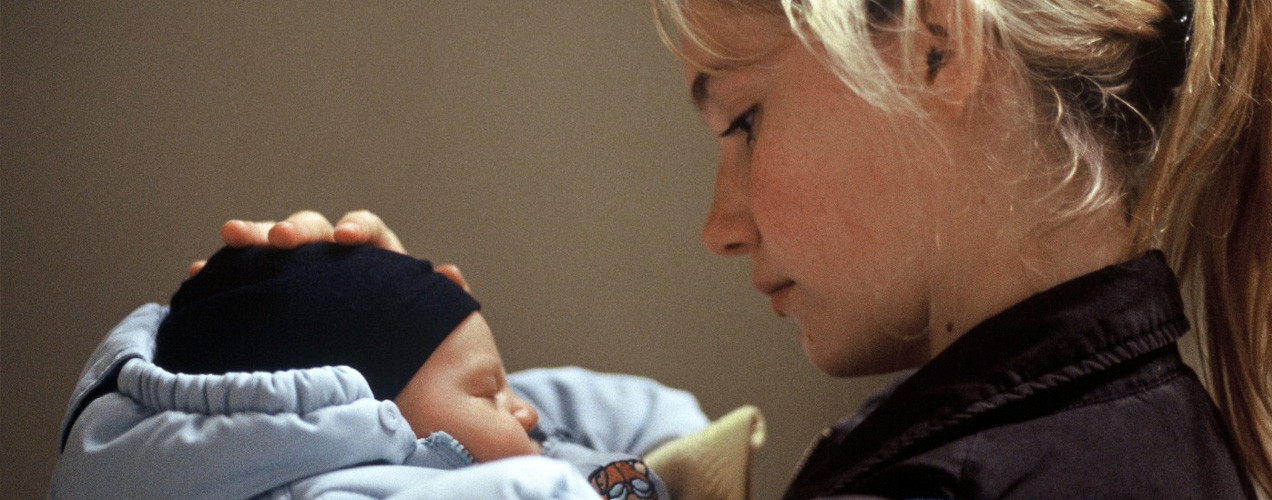
L’enfant
2005 / Jean-Pierre & Luc Dardenne > The Brothers Dardenne were awarded with the Palme d’Or at the 2005 Cannes Film Festival for their frank and heartbreaking portrayal of a young couple with a newborn in the streets of Belgium. How much they deserved such recognition, however, is the burning question: Was L’Enfant really the tour de force of emotion that one feels at the closing shot? Or was that a neat and effective clean-up hit for an otherwise pedestrian film?
Undoubtedly, this film will bring forth combatants on both sides of the trench. I give the Dardennes credit for effectively reusing their claustrophobic, slice-of-life filmmaking style to give us a sense of realism far exceeding most commercial films. However, the characters are by default made not to like: Yes, they are good-natured and warm-hearted, but they are also irresponsible to a degree where it’s hard for us to empathize and hold back judgment. In The Son, the Dardennes showed that we are good by nature, with a level of depth far beyond what is present here. But while there are moments of absolute humanity present in the midst of this exercise, what is asked of us in the end of L’Enfant seems unfair and too simple, and for that it will be insoluble for many.
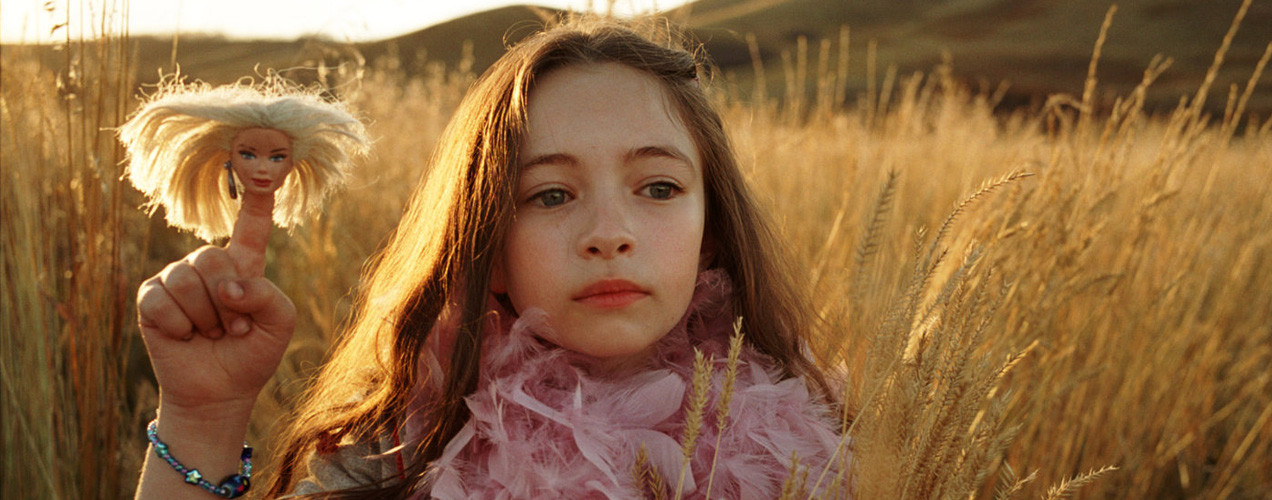
Tideland
2006 / Terry Gilliam > If your only defense for Tideland is the phrase, “It’s Gilliam’s purest film yet,” chances are you’ll have to do better than that to please the general audience. There’s a lot here to love, but unfortunately there’s also a lot here to bore. The idea that the whole story is told through the eyes of Jeliza-Rose, a young girl who becomes orphaned early on by her heroine-abusing parents (played superbly by Jeff Bridges and Jennifer Tilly), is by no means enough to validate the long, enduring passages of repetitive dialogue and uneventful actions. Were this to be a short(er) film instead of clocking in at almost exactly two hours, the tightness of the script would have held together the otherwise magical aspects of the film.
Star Jodelle Ferland is truly a sight to behold: She drives every scene with one of the most charismatic performances seen by a young actor in quite a long time. Co-star Brendan Fletcher, playing a mentally challenged boy/man, also shines, and the two balance each other well enough in the latter half of the film to make things a little more bearable. The cinematography is dark yet beautiful, and the overall feel of the film is almost an anti-Alice in Wonderland (although, there are no extensive travels into a rabbit hole here). For any Gilliam fan, this is a must-see, love or hate. For others, it’s a crapshoot at best.
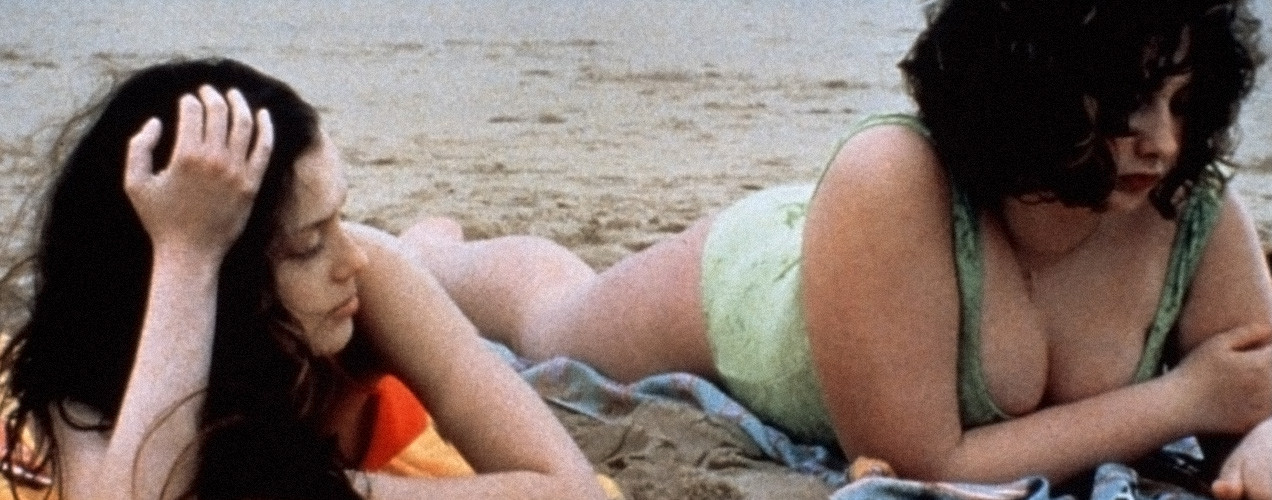
Fat Girl
2001 / Catherine Breillat > This is a flawed film, but one could argue that it is so by its own accord. Fat Girl is a frank dissection of adolescence, mental isolation and sex, a combination that puts the viewer in an awkward, even shameful position. The first third of the film does a tremendous job in setting up a girl’s first encounter with a sheep in wolves’ clothing where the dialogue, above all, is spot on. The middle third goes limp, and is driven simply by its predictability.
However, the finale remains the hotly debated topic, one that has made or broken the film for many. Typical of the French-speaking region, tension is built-up with an underlying sense that something will go wrong. And it is understandable that we believe in the world of circumstance, but circumstance is often an excuse for a cop-out. Was this a cop-out by Breillat? Unlike most films, here the answer doesn’t matter. The ending is poignant, unforgettable and leaves you amazed at your own capacity to find warmth in such an absurd situation.
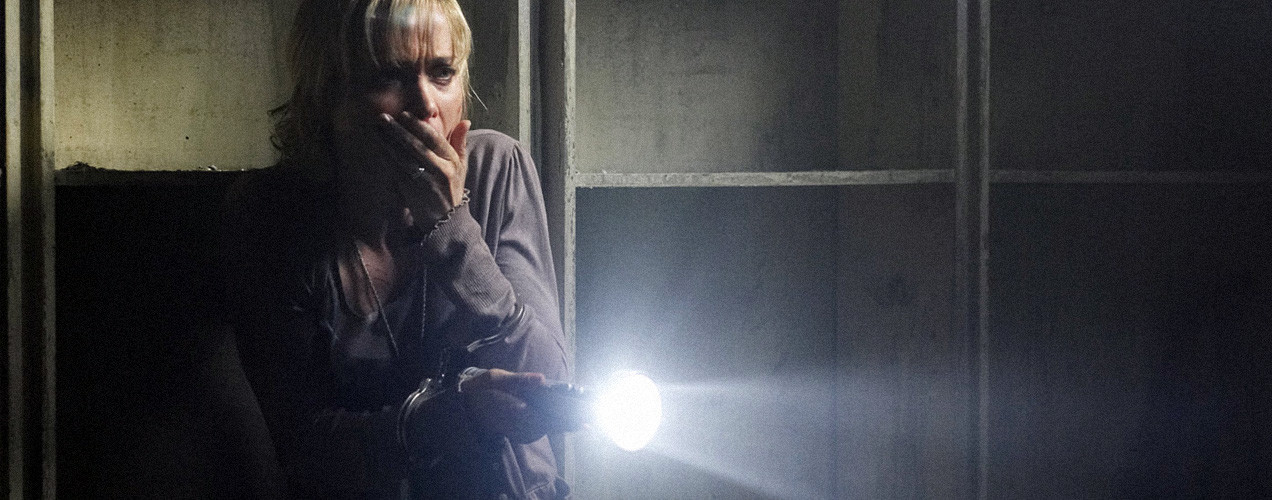
Silent Hill
2006 / Christophe Gans > At the hands of the director of Brotherhood of the Wolf, I expected more: At the very least, I imagine, a level of depth that gives meaning to the film outside of its video game universe. The tone of the film evolves from abject horror early on to a psychological metaphor of oppression and injustice. And while that may be a brilliant wavelength to follow, the underlying foundation doesn’t satisfy. Once I got past the so-called conventions of a proper film, however, the perverse beauty of the villains and their inversely gorgeous surroundings, together with a polished shine on the overall product, combine into a relatively memorable experience for an otherwise mediocre event.
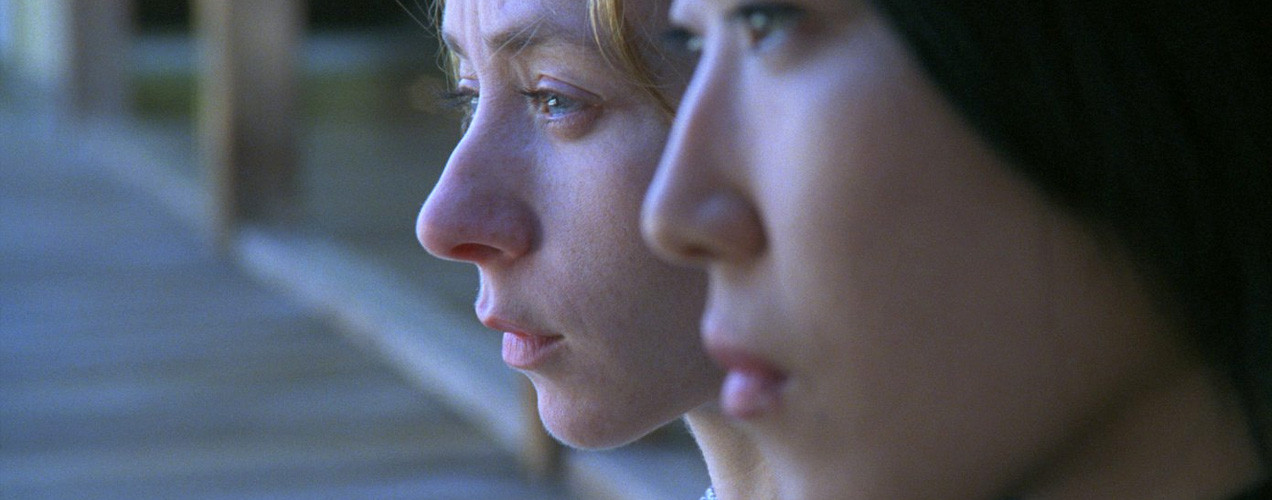
Fear and Trembling
2003 / Alain Corneau > Set in the Tokyo of 1990, it’s hard to grasp exactly how accurately Fear and Trembling represents the typical Japanese office atmosphere. One can argue, however, if that’s even the point of the film: Maybe we shouldn’t notice the relative stereotypes presented here in this story about a Japan-born Belgian woman who comes back to her birthland to work in a conglomerate.
Her experiences are comic and tragic, and her pitfalls in misunderstanding the way to climb up the social ladder keeps us interested. Minus the somewhat illogical lull that occurs in the middle, much of the storyline is entertaining and curiously thought provoking. It might be harder to digest at face value (especially when we have companies like Sony being headed by a British-American), but with a grain of salt, one can find definite enjoyment in this little gem.
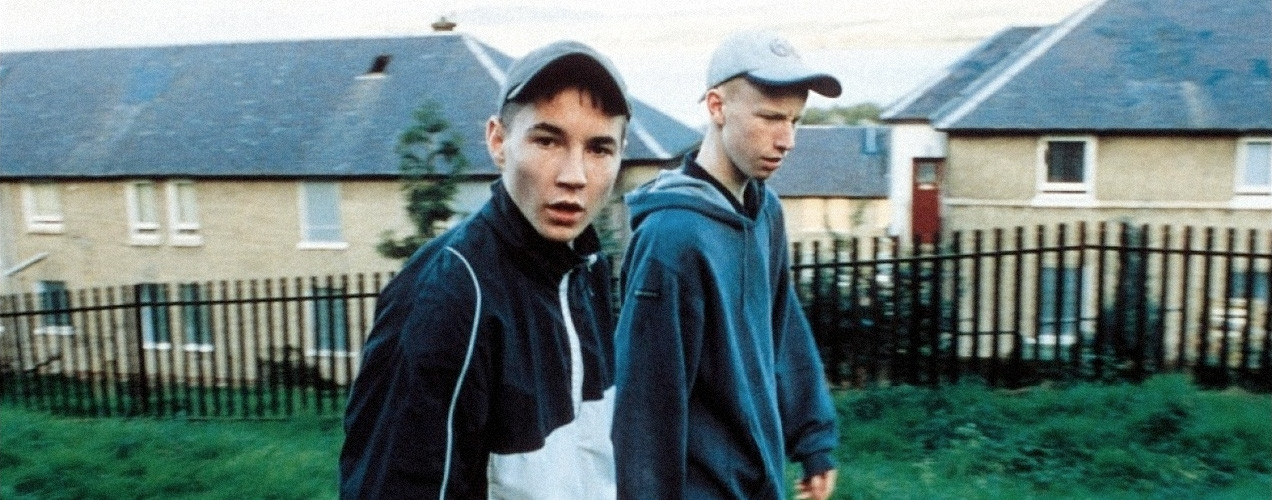
Sweet Sixteen
2002 / Ken Loach > Winner of Best Screenplay at Cannes in 2002, Sweet Sixteen is short on style and all about substance. Set in the town of Grenock, Scotland, it primarily follows the path of Liam, a 15-year old played impeccably by local Martin Compston, as he tries to put together a future for his mum and sister.
Liam’s character development is the strongest aspect, and it’s easy to find ourselves anxious and cheering for him as he matures into a man. His psychological awareness and inadequacies are key, as there’s always something flaky in his understanding of his relationship with his mum. This represents an Achilles’ heal of an otherwise incredible teenager and is the motivation behind much of Liam’s actions. It is a study, in the end, of what kind of will love gives and takes away.
One thing that definitely stands out is Loach’s choice of music: Often contemporary and poppy, it gives the film—as well as the viewer—a foundation of exhuberant hope even in the bleakest of scenarios.
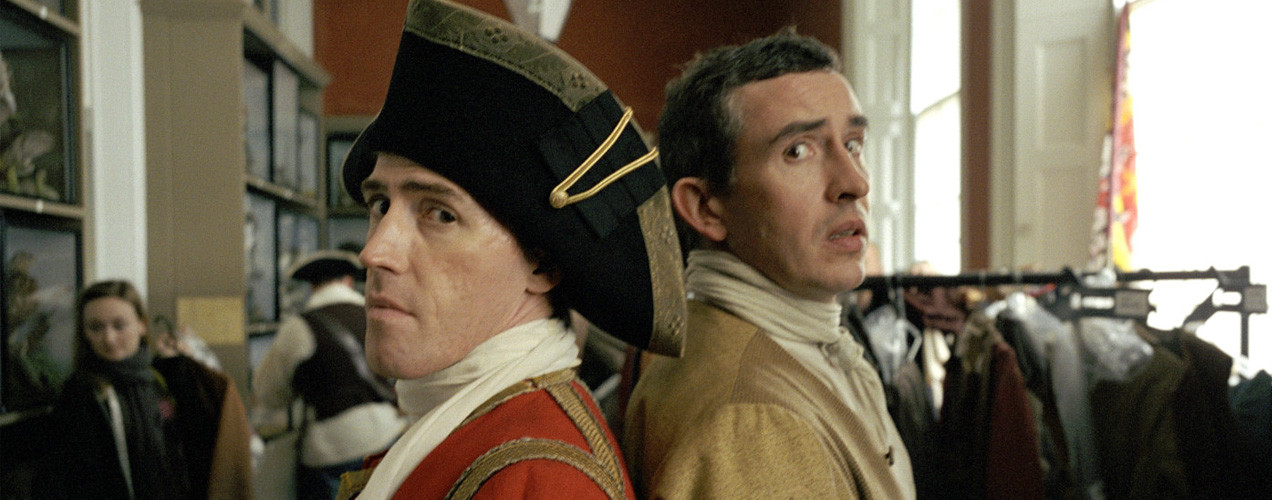
Tristram Shandy: A Cock and Bull Story
2006 / Michael Winterbottom > A film within a film based on an unfilmable novel: Thankfully, it’s nowhere near as complicated as it sounds. The man of a thousand faces, Winterbottom has once again changed genres and done something rather spectacular in how he structures Tristram Shandy. The narrative is quite regressive, mimicking the nature in which the original novel—The Life and Opinions of Tristram Shandy, Esq. by Laurence Sterne—was written. Steve Coogan plays the lead as well as himself (as the lead) quite well, blending reality and fiction seamlessly. And the general crop of characters remain of interest throughout the film.
The idea, however, that a film requires prerequisite knowledge for complete enjoyment is one that generally turns me off. And while foundational knowledge is necessary for Tristram Shandy, Winterbottom’s direction is generally spot on as to help the viewer get through without too much trouble. Still, it’s probably worth reading up on the history of the novel, as that should improve the level of satisfaction one would yield from the film.
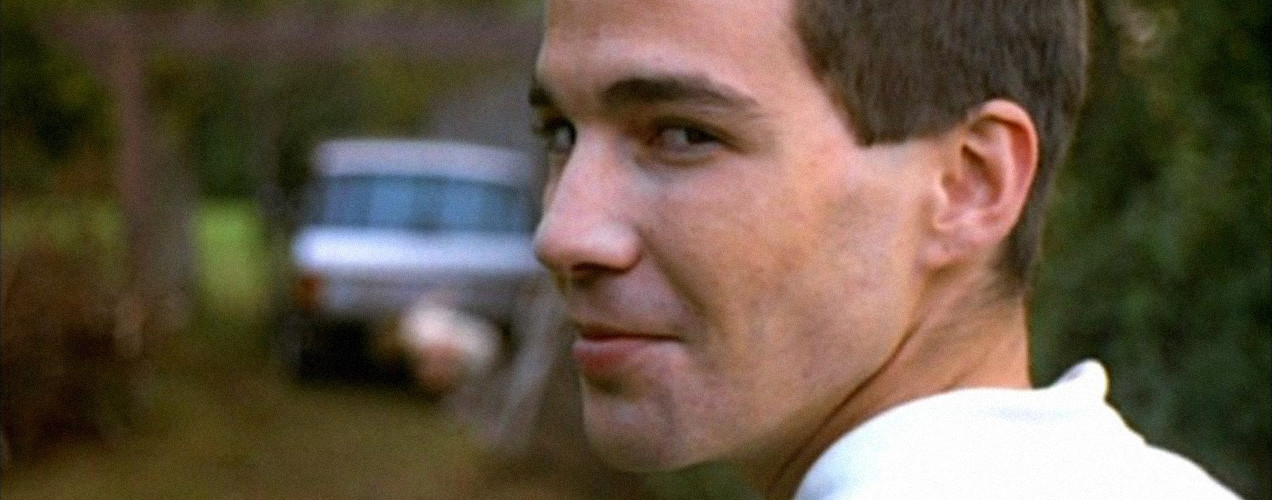
Funny Games
1997 / Michael Haneke > The controversial tale of two well-dressed boys who take a family of three hostage, it’s hard not to be polar about Haneke’s commentary on violence and the audience: From a technical perspective, the film is well-made, but it lacks the fundamental punch necessary to be blindly accoladed. From a dialectical perspective, one can go on and on about whether he flipped the boat into the land of arrogance and pretense.
The biggest problem by the end may seem that the whole setup of the film is contrived into a nice, neat package for him to manipulate the viewer as he wishes. This could either be looked at as skill or simply an easy way out. Either way, it’s hard to recommend or advise against Funny Games, as it purely depends on one’s tolerance of bullshit.

